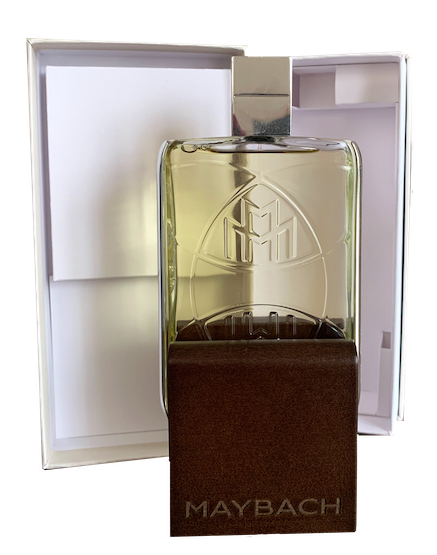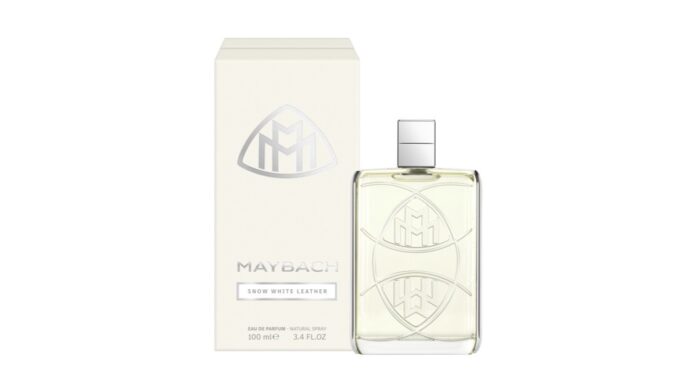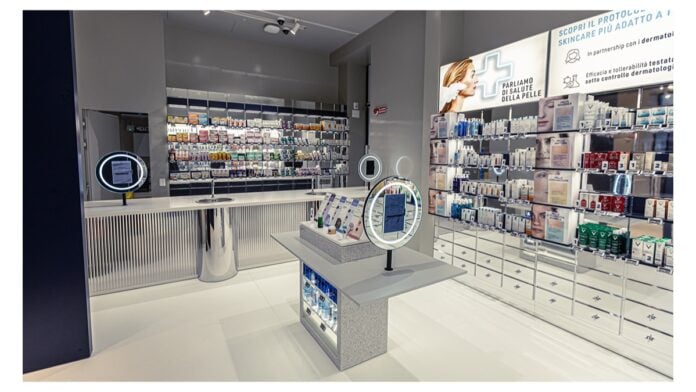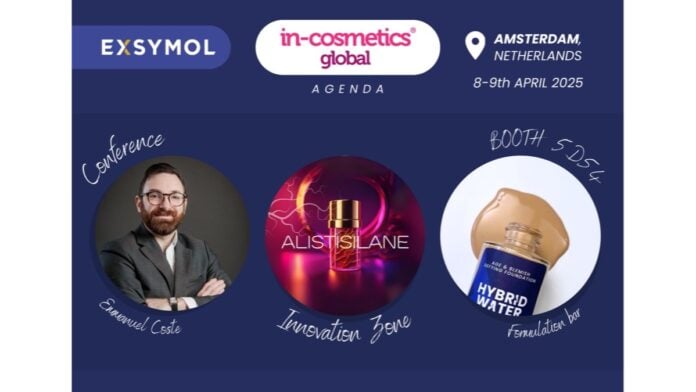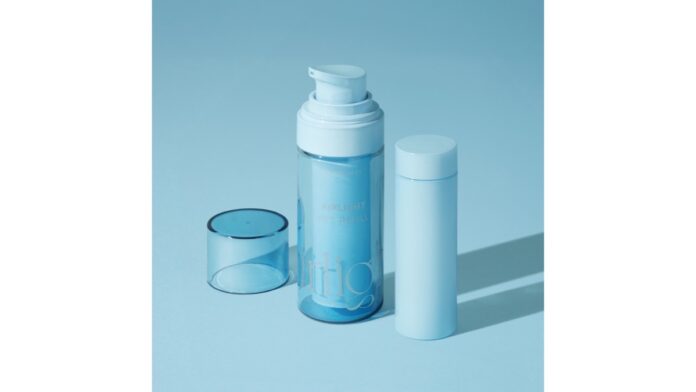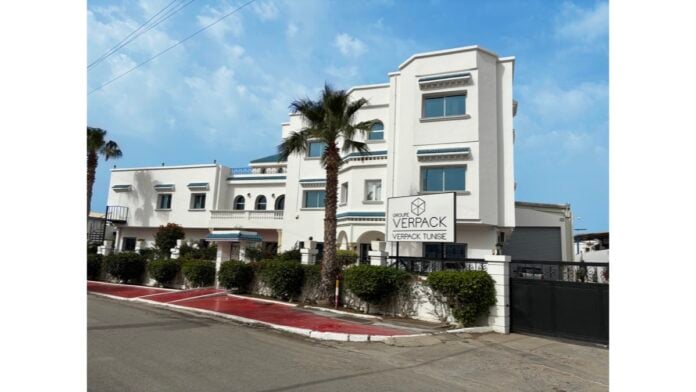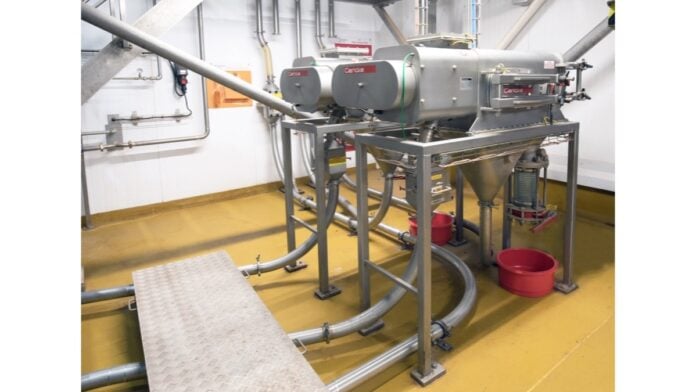Berlin Packaging, which describes itself as "The world's largest Hybrid Packaging Supplier of glass, plastic and metal containers and closures".presents its new products at Cosmoprof Bologna 2025. Among the main new products presented are a glass-free version of AirLight Refill and two new formats in the Foamy line, the first glass foamer now also available in a travel-size version.
"Cosmoprof is a key event for Berlin Packaging Beauty, an opportunity to showcase the fruits of our commitment to innovation and sustainable development, says Vivien Charrey, Managing Director of Berlin Packaging Beauty. With AirLight Refill, the new Foamy and the ongoing development of our fragrance collections, we are confirming our ability to offer cutting-edge, durable and distinctive packaging that meets the needs of an ever-changing market."
AirLight Refill: lightweight and recyclable for an intuitive refill experience
The AirLight Refill collection marks a new milestone for airless packaging from Berlin Packaging Beauty. For the first time, one of the brand's most iconic offerings is produced in a glass-free version, using recyclable plastics and post-consumer recycled PET.
The sustainable approach is at the heart of the project: five out of eight components are reusable, while the three components that are replaced with each refill are fully recyclable for perfect packaging circularity. The pump, designed to last up to 25 refills, extends the product's life cycle, reducing waste.
The gesture is simple: the design is conceived for fast, convenient recharging in a functional, user-friendly container.
Studio One Eleven, Berlin Packaging's innovation engine, has highlighted the innovative AirLight Refill concept with semi-transparent finishes that give a glimpse of the packaging's durable structure, while the cerulean blue color, inspired by the lightness of air and the purity of clouds, underlines the concept of "air-lightness".
Foamy 30 and 50 ml: the glass foamer now in travel-size format
Following the success of Foamy 150 ml, Berlin Packaging Beauty has extended the range with two new 30 and 50 ml formats, offering the first glass solution for foaming formulas in travel-size versions. The refillable design and glass construction make Foamy a solution for brands wishing to combine premium aesthetics with reduced environmental impact.
Thanks to its wide neck, the system is designed for easy reuse, guaranteeing up to 25 refills. The line can also be combined with Sashi, the single-material PE pouch designed for recycling. What's more, thanks to its light weight, the latter is able to reduce transport volume, logistics costs and CO₂ emissions.
Exclusive proposals for perfumeries
In the perfumery sector, Berlin Packaging Beauty offers a complete range of bottles featuring unique and versatile designs, ready to be customized with the most advanced decoration technologies, including 3D inkjet printing, which takes personalization to a new level.
The range of packaging for the fragrance world extends from sleek, contemporary shapes like Heko and Herve, to apothecary-style designs like Infusion and Himiko, to more distinctive proposals like Moon and Euphoria, or classics like Virage and Cilindro. Each collection is designed to suit different market segments, guaranteeing versatility and uniqueness in design. A wide range of materials can also be combined for the design of accessories, such as zamak, wood and resin, in addition to the classic standard plastic and aluminum capsules.
Berlin Packaging Beauty's proposition for the fragrance market is not limited to personal perfumery, but also includes a wide range dedicated to home fragrance, with specific solutions for stick diffusers, room sprays and candles. Studio One Eleven supports brands in the design of exclusive packaging, covering both primary and secondary packaging, with a service ranging from industrialization to graphic design and product branding.
Berlin Packaging Beauty offers 360° customer service, which is also reflected in Stocksmetic, the company's exclusive online packaging distributor, designed to meet the needs of emerging brands, laboratories and fillers looking for fast, reliable solutions. Stocksmetic offers a flexible sales model, making it possible to purchase packaging from a single item up to the entire stock, with fast delivery and the possibility of customization from 200 pieces.
